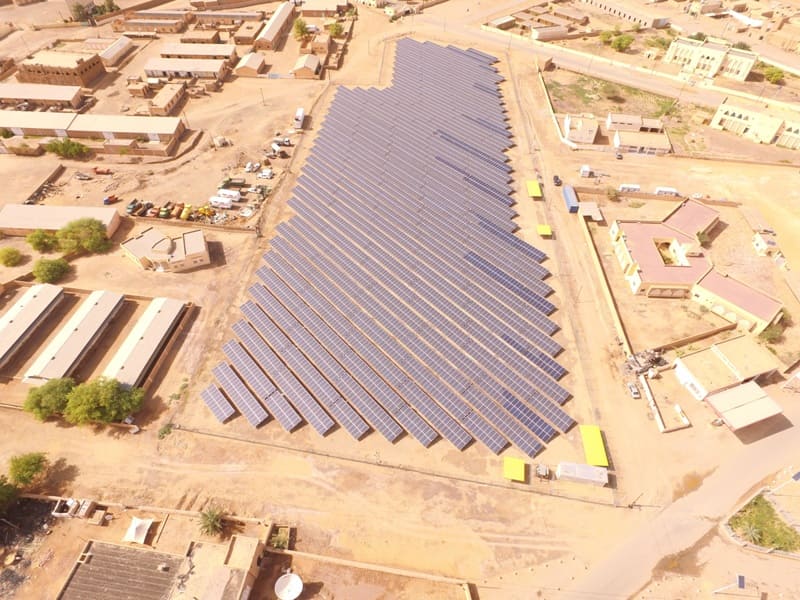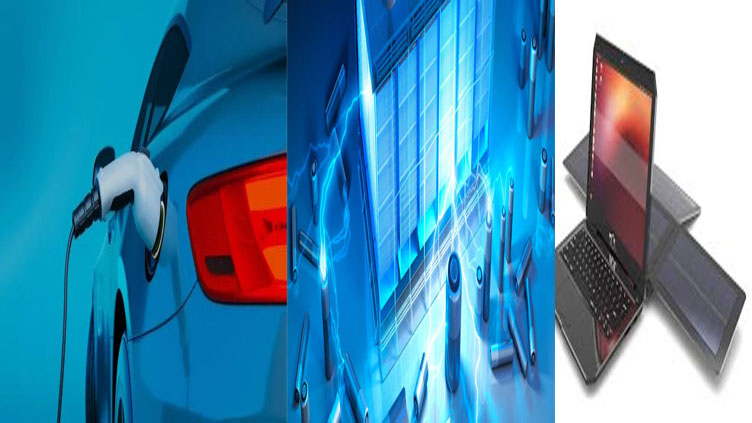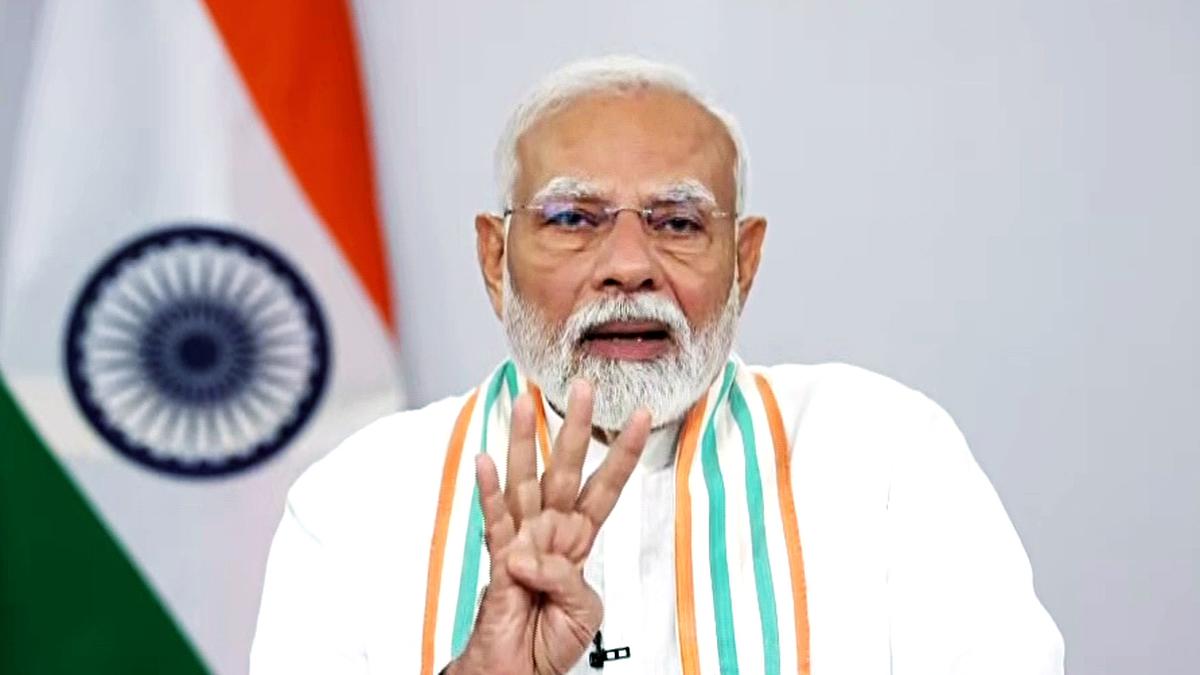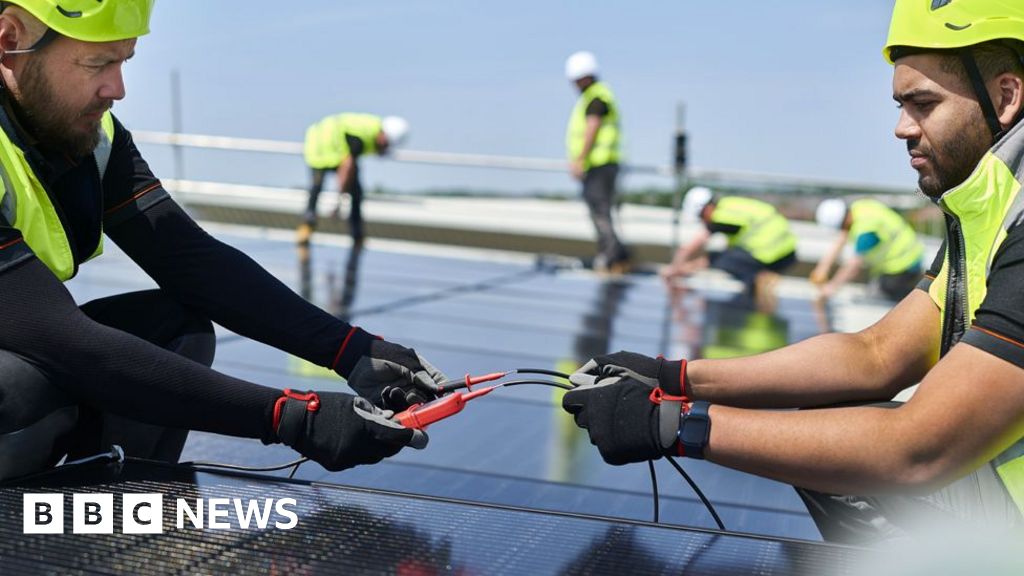These announcements were made on the sidelines of the United Nations Climate Change Summit (COP28) held in the UAE, aligning with the recently launched Africa Green Industrialization Initiative aimed at amplifying green industries in the region. Masdar’s ambitious plan is underpinned by a commitment to mobilize US$10 billion in finance and 10 GW of capacity for clean energy in Africa by 2030.
Unlocking Africa’s Green Energy Potential
Research conducted by Masdar, Abu Dhabi Sustainability Week, and McKinsey & Company last year revealed that Africa holds a theoretical potential clean energy capacity of 850 terawatts in solar and wind alone. Furthermore, the continent could secure up to 10% of the global green hydrogen market. The agreements announced at COP28 are poised to foster the development of clean energy portfolios across various African markets, unlocking this vast potential and ensuring enhanced energy security for its population.
Partnership Agreements at COP28
Mohamed Jameel Al Ramahi, Chief Executive Officer of Masdar, stated, “Masdar’s growth plans will help unlock Africa’s clean energy potential and further advance its energy transition. This follows Masdar’s landmark commitment to mobilize US$10 billion in finance and 10 GW of capacity for clean energy in Africa by the year 2030. As the largest pure-play renewable energy company on the continent, we are proud of our long-term partnerships and look forward to developing an important pipeline of clean energy projects, working for Africa, with Africa.”
During COP28, Masdar inked partnership agreements with governments and private entities in six African countries:
Angola – Masdar and the Republic of Angola’s Ministry of Energy and Water signed a Concession Agreement for the first 150MWac solar PV project in Quipungo, marking the initial phase of the 2GW renewable energy collaboration between the UAE and Angola.
Uganda – The Prime Minister of Uganda, Her Excellency Robinah Nabbanja, announced that Masdar and Uganda’s Ministry of Energy and Mineral Development had signed a Roadmap Agreement for the implementation of a 150MW Solar PV project under Phase I of a 1GW collaboration between the two nations.
The Republic of Congo – MW Energy, a Masdar subsidiary, Africa50, and the Ministry of Energy & Hydraulics of the Republic of Congo signed an MoU to develop 500MW of renewable energy capacity in the country.
Kenya – President William Ruto announced at the Green Industrialization Initiative during COP28 that Geothermal Development Company of Kenya and Pertamina Geothermal Energy (PGE) of Indonesia would collaborate on geothermal energy development in Kenya, supported by Masdar.
Mozambique – Infinity Power, a Masdar Infinity company, signed an MoU with Mozambique’s Ministry of Energy and Mineral Resources to explore potential opportunities for up to 1GW of renewable projects, including floating solar PV projects in collaboration with Africa50.
Zambia – Masdar, ZESCO, and International Resource Holdings are set to collaborate in the Zambian market by decarbonizing mining operations.
Masdar’s Vision for Africa
Masdar’s commitment to deploying US$2 billion of equity by 2030 in Africa as part of the UAE-led Africa Green Investment Finance Initiative aims to mobilize a total of US$10 billion in investments, delivering 10GW of clean energy capacity in Africa by 2030.
About Masdar: Abu Dhabi Future Energy Company (Masdar) is the UAE’s clean energy champion, advancing renewable energy and green hydrogen technologies globally. Established in 2006, Masdar has projects in over 40 countries, aiming for a renewable energy portfolio of at least 100GW and an annual green hydrogen production capacity of up to 1 million tonnes by 2030. Masdar is jointly owned by Abu Dhabi National Oil Company (ADNOC), Mubadala Investment Company, and Abu Dhabi National Energy Company (TAQA).
About Infinity Power: Infinity Power, a joint venture between Egypt’s Infinity and Masdar, focuses on renewable energy projects in Africa, including solar, wind, green hydrogen, and water desalination. With a goal of 10GW of operational renewable energy projects by 2030, Infinity Power aims to address energy challenges in Africa while contributing to economic, educational, and environmental benefits in local communities. The company operates solar and wind farms in Egypt, Sou
th Africa, and Senegal, reducing approximately 3.5 million tons of CO2 emissions per year.
Source: africa.com





